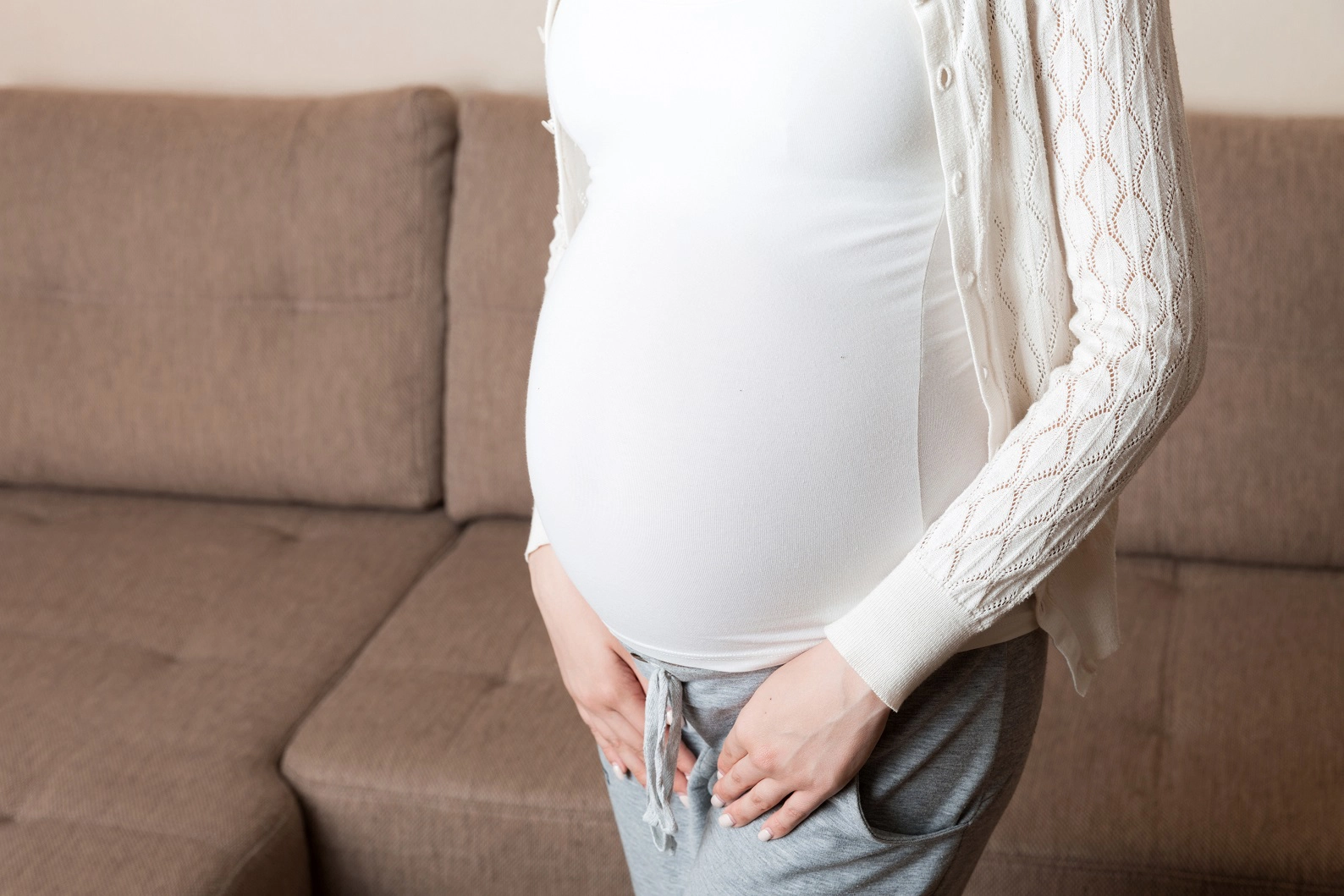Anaemia is one of the most common complications during pregnancy. It is usually diagnosed on the basis of an insufficient haemoglobin level in the expectant mother. Sometimes, in addition to the basic tests, the ferritin concentration in the pregnant woman's body is also determined. What is ferritin responsible for and what are the standards for ferritin in pregnancy?
Ferritin during pregnancy – function
Ferritin is the protein responsible for storing iron in the body, mainly in the bone marrow, spleen and liver. Its concentration correlates closely with a sufficient iron level, which is essential to prevent microcytic anaemia (anaemia). When iron stores are depleted, ferritin levels fall, which is often observed earlier than a decrease in haemoglobin. Ferritin is also considered an acute-phase protein, i.e. its level rises, for example, during infections or cancer.
Ferritin in pregnancy – norms
The norms during pregnancy differ from those outside of pregnancy due to the numerous changes in the functioning of the female body. A ferritin concentration of around 60-70 mcg/l at the beginning of pregnancy is not associated with an increased risk of anaemia and therefore does not require iron supplementation during pregnancy. At levels below 60 mcg/l, iron supplementation is recommended. It should be remembered that the results of the blood tests should be interpreted by the doctor on the basis of the pregnant woman’s symptoms, among other things.
Ferritin during pregnancy – iron supplementation
According to the current recommendations for supplementation during pregnancy, not every pregnant woman should necessarily take iron supplements. They are recommended in the case of anaemia (Hgb<11g/dl) and a low ferritin level. For this reason, it is advisable to carry out a ferritin test at the beginning of pregnancy to check the iron stores in the expectant mother’s body and determine whether additional supplementation is required. However, do not take any medication without first consulting a specialist.











